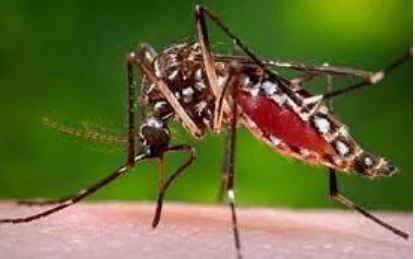
According to the Nigeria Centre for Disease Control and Prevention, dengue fever does not currently have a specific therapy.
As a result, it encouraged Nigerians to take precautionary steps against the virus, especially those who reside in Sokoto.
The Sokoto State dengue fever epidemic was confirmed by the NCDC on Saturday.
Data currently available indicates that vector control is essential for both dengue virus infection prevention and control. Dengue does not yet have a particular cure, although early detection and quick start of supportive care have been demonstrated to considerably lower death rates, according to the NCDC's website.
The dengue virus is the source of dengue fever, a viral illness that is contracted by humans from the bite of an infected mosquito. It is unknown if the virus may spread from person to person.
The majority of dengue fever patients, according to the public health institute, exhibit minimal or no symptoms and recover in one to two weeks.
Dengue rarely has the potential to be fatal. Should they manifest, symptoms usually start four to ten days after infection and continue for a further two to seven days.
High fever (40°C/104°F), excruciating headache, discomfort behind the eyes, aches in the muscles and joints, nausea, vomiting, swollen glands, and rash are some of the possible symptoms. A second infection increases the likelihood of developing severe dengue fever, it was noted.

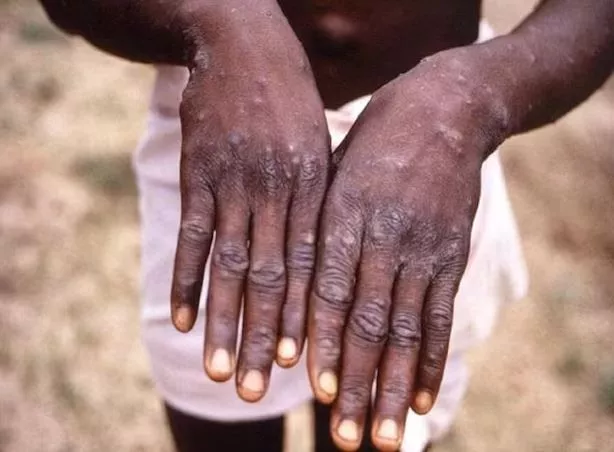
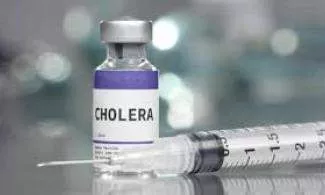
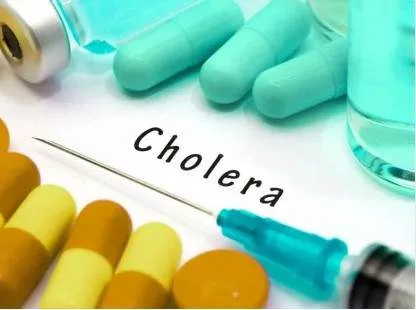
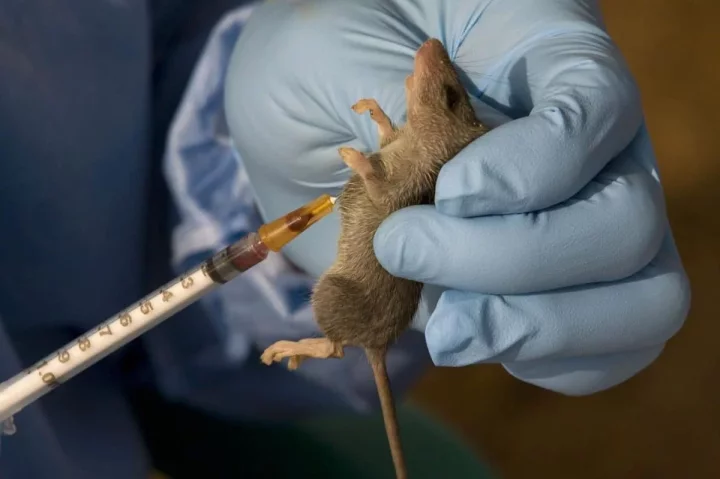
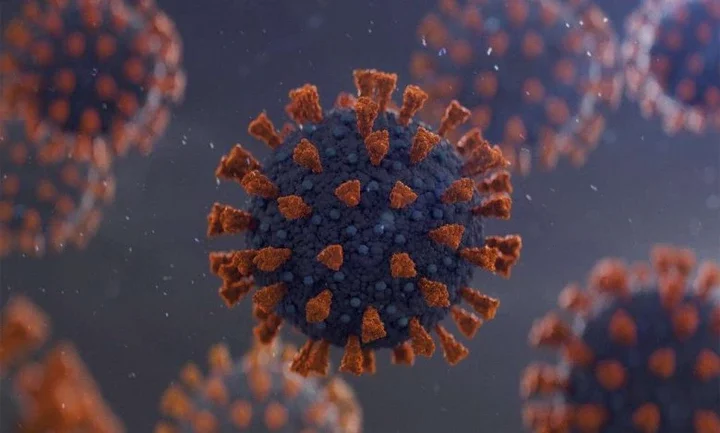











Comments